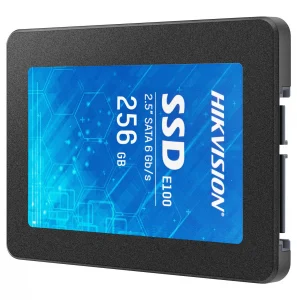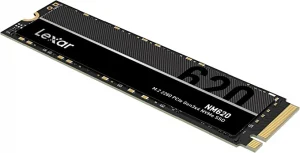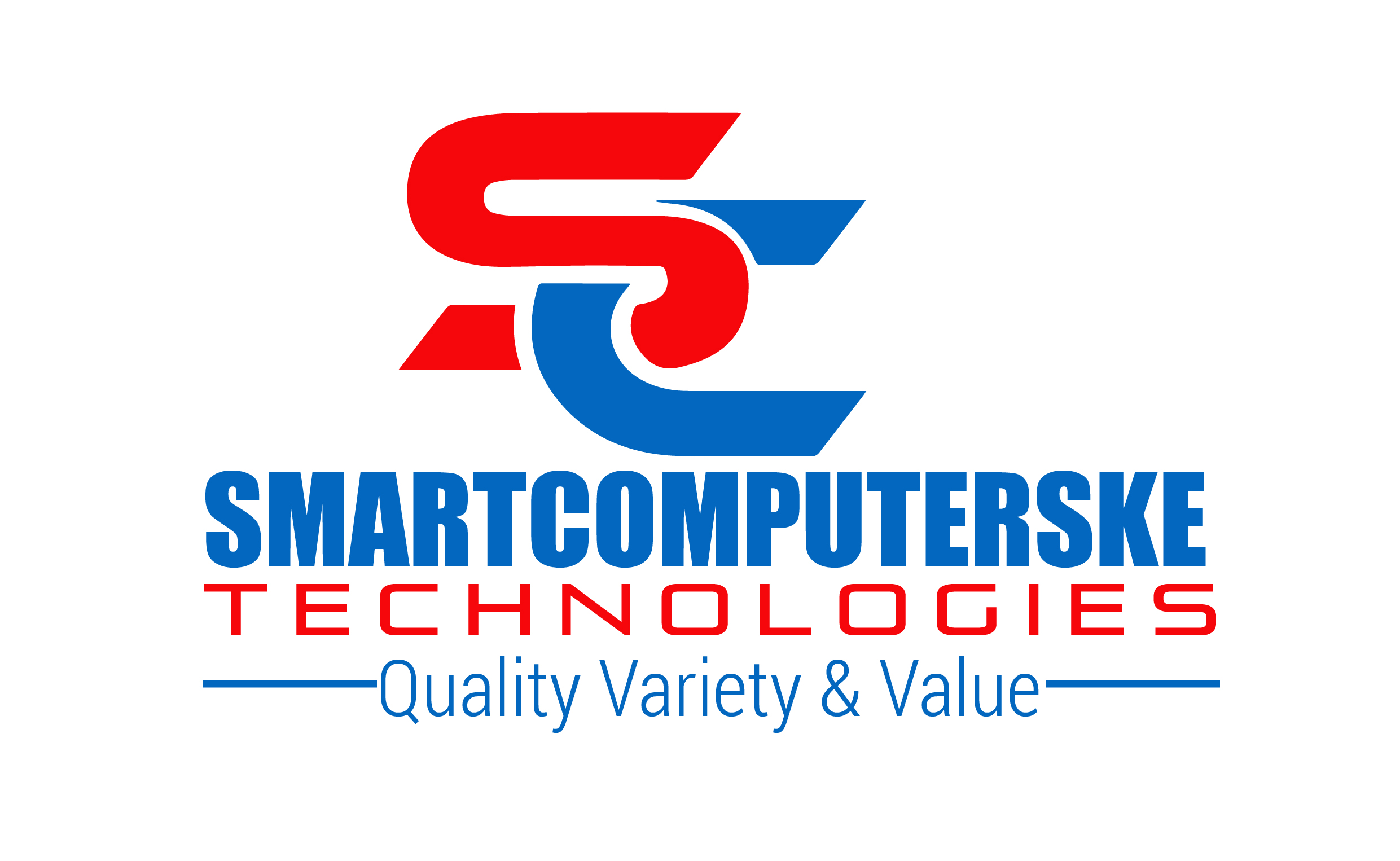Different types of SSDs in the market, which ones are more preferred for high performance..
There are several different forms of Solid State Drives (SSDs) available in the market, and the most suitable one for high performance applications depends on the specific needs of the user. Here is a summary of the different types of SSDs and their potential uses:
- SATA SSDs: These are the most common type of SSDs and are typically used as the primary storage in laptops and desktop computers. They are generally less expensive than other forms of SSDs and offer good performance, but may not be suitable for applications that require the highest level of speed and performance.
- M.2 SSDs: M.2 SSDs are small, portable drives that use a different type of connector than SATA SSDs. They are often used as an additional storage option in laptops and are becoming increasingly popular in desktop computers as well. M.2 SSDs can offer good performance, but may not be as fast as other forms of SSDs.
- NVMe SSDs: NVMe (Non-Volatile Memory Express) SSDs are a newer type of drive that use the PCIe interface to connect to the motherboard, which allows for faster data transfer speeds than SATA SSDs. They are commonly used in high-performance computers and gaming laptops, and are generally considered the most suitable option for applications that require the highest level of speed and performance.
- External SSDs: These are portable drives that use a USB interface to connect to a computer. They are often used as an additional storage option or as a way to transfer data between devices, and are generally not suitable for high-performance applications due to their slower data transfer speeds.
- Enterprise SSDs: These SSDs are designed for use in enterprise-level servers and storage systems and are built to handle the demands of high-performance applications. They are typically more expensive than consumer-grade SSDs and offer the highest level of performance and reliability.
Overall, NVMe SSDs are generally considered the most suitable option for high-performance applications due to their fast data transfer speeds, but the specific needs of the user will ultimately determine the most suitable type of SSD.





